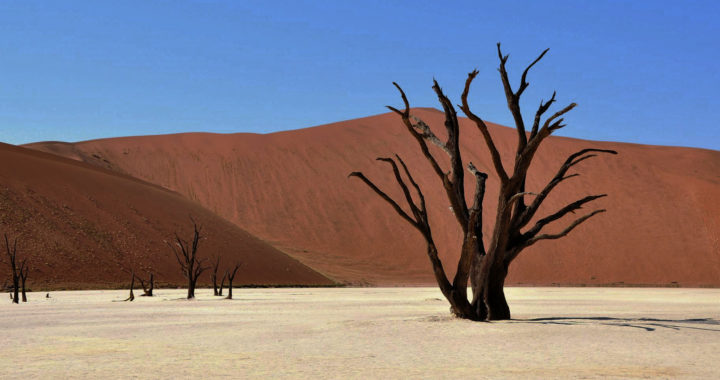The Islamic State – Khorasan Province or ISIS-K is a regional branch of the transnational terrorist organization Islamic State that is active in South and Central Asia or the historic Khorasan Region. The group has been considered one of the deadliest groups in the world and has been linked to numerous terror attacks. ISIS-K was also thrusted to the spotlight following a deadly shooting attack at a concert near Mosco in Russia on 22 March 2024.
Explaining ISIS-K: A Concise Overview of the Islamic State – Khorasan
Origin of the Islamic State – Khorasan Province
Most analysts pinned down the founding date of ISIS-K in 2015. It emerged from various Islamic militant jihadist groups that operated in South Asia and Central Asia that sought to overthrow existing governments in the region and establish a fundamentalist Islamist government. These groups fought against the governments of Iran, Turkmenistan, Uzbekistan, Tajikistan, Pakistan, and China. Most of these groups were also aligned with al-Qaeda and the Taliban.
However, following the United States military operations in Afghanistan that began in 2001 and its invasion of Iraq in 2003 together with the rest of the NATO alliance, an internal sociopolitical turmoil created factionalism and division among the different militant groups. The operations and regional activities of these groups lessened to a certain degree because the attention of al-Qaeda and Taliban shifted to and focused on dealing with Western powers.
Prominent militant and ranking Taliban member Hafiz Saeed Khan later assembled a group of Afghan and Pakistani volunteer fighters in 2012. These fighters were sent to Syria to take part in the Syrian Civil War. The Islamic State of Iraq and Syria commended their participation and they were given a one-time financial assistance as a gesture of appreciation. The combat experience and financial assistance laid the groundwork for the formation of ISIS-K.
Saeed pledged its allegiance to the Islamic State in 2013 and later consolidated other groups that defected from the Pakistani front of the Taliban to establish the Tehrik-e Khilafat Pakistan or the Caliphate Movement of Pakistan in August 2014. The group later merged with three other groups in Afghanistan. The Islamic State – Khorasan Province or ISIS-K was officially founded in January 2015. The main Islamic State confirmed and recognized its establishment.
Operations, Activities, and International Reaction
ISIS-K became the regional branch of the Islamic State of Iraq and Syria in South Asia and Central Asia. It is important to note that ISIS was considered a quasi-government and is also a transnational militant organization. The goal of ISIS is to establish a caliphate. Hence, through its regional branches or affiliates, it sought to build a global caliphate based on fundamental Islamic doctrines or the strict interpretation and implementation of sharia law.
The ISIS branch in South Asia and Central Asia was called the Islamic State – Khorasan Province because part of the region that included eastern areas in the Iranian plateau between West and Central Asia was historically referred to as Khorasan. The main purpose of the group was to establish a fundamentalist Islamist caliphate in the region by destabilizing existing social and political orders and overthrowing or supplanting existing governments.
Activities throughout the region earned the group international notoriety. It was ranked the fourth deadliest terror group in the world in 2018 by the Institute for Economics and Peace. It was also the first ISIS branch to receive an individual designation in 2019 by the United Nations Security Council. The group became known for brutal attacks in target areas that included hospitals, nonprofit organizations, government offices, and other public places.
Several analysts noted that the withdrawal of the U.S. troops from Afghanistan and the subsequent takeover of the Taliban in 2021 helped catapult ISIS-K into the global spotlight. The attacks of the group have been aimed at the Taliban because it refuses to acknowledge it as a legitimate Islamic leader. However, beyond the Khorasan Region, the group has also targeted Russia because of its close relationships with the Syrian and Iranian governments.
